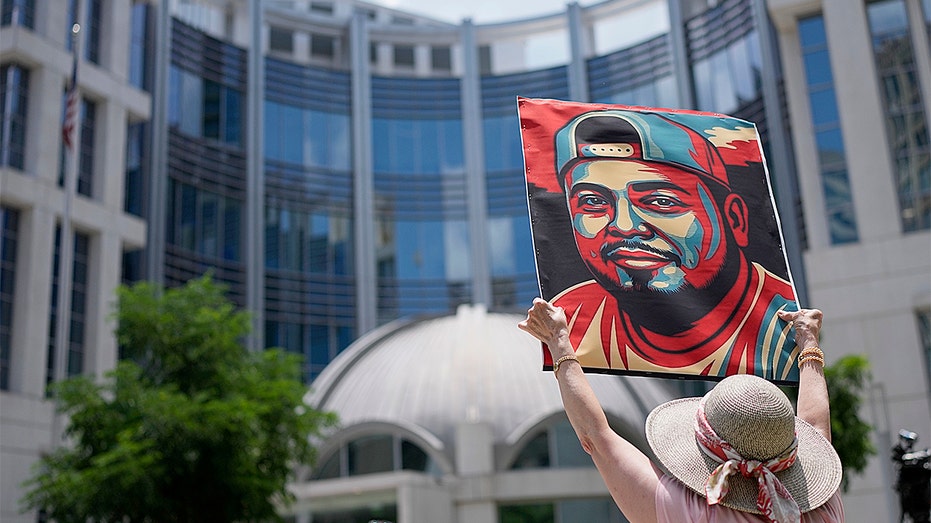A quiet unease is settling over the electorate as artificial intelligence rapidly weaves itself into the fabric of everyday life. While many acknowledge its potential, a deep-seated ambivalence persists, a questioning of whether this technological tide will ultimately lift all boats or leave many adrift.
Currently, half of voters view AI as a positive force in their daily routines. However, that optimism sharply declines when considering its impact on more personal realms – just 37% feel it will benefit their mental well-being, and a similar number believe it will improve society as a whole.
The workplace presents a particularly complex picture. A slight majority of employed voters (51%) believe AI is currently beneficial to their jobs, yet that sentiment flips when looking ahead. Nearly half (48%) anticipate AI will ultimately *harm* their long-term career prospects, compared to only 43% who see a positive future.
Divisions are stark. Men, Republicans, higher-income households, and parents are significantly more inclined to view AI favorably across all these areas. Conversely, women, Democrats, those with lower incomes, and individuals without children express greater reservations.
Education emerges as a key differentiator. Voters with a college degree consistently demonstrate a more optimistic outlook, holding at least a 10-percentage-point advantage in viewing AI positively for society, mental health, daily life, career prospects, and current job security.
Looking to the future, a pervasive fear of job displacement dominates the conversation. A substantial 58% of voters believe AI will eliminate more jobs than it creates over the next five years, a concern shared across nearly all demographic groups. Only a small fraction (10%) foresee a net gain in employment.
While widespread panic isn’t evident, a significant minority of employed voters – roughly three in ten – express genuine concern about their job security. This anxiety is particularly acute within the sales, real estate, finance, and healthcare sectors.
Certain demographics are feeling the pressure more intensely. Very liberal voters, urban residents, those aged 45-54, and younger men are disproportionately worried about their jobs disappearing in the coming years, signaling a growing sense of vulnerability.
The survey, conducted through a combination of live interviews and online responses, reveals a nation grappling with the implications of a technology that promises both progress and disruption. The weight of uncertainty hangs heavy, as voters attempt to reconcile the potential benefits of AI with the very real possibility of widespread economic upheaval.
Ultimately, the data paints a portrait of cautious optimism tempered by significant anxiety, a reflection of a society standing on the cusp of a technological revolution with an uncertain destination.





